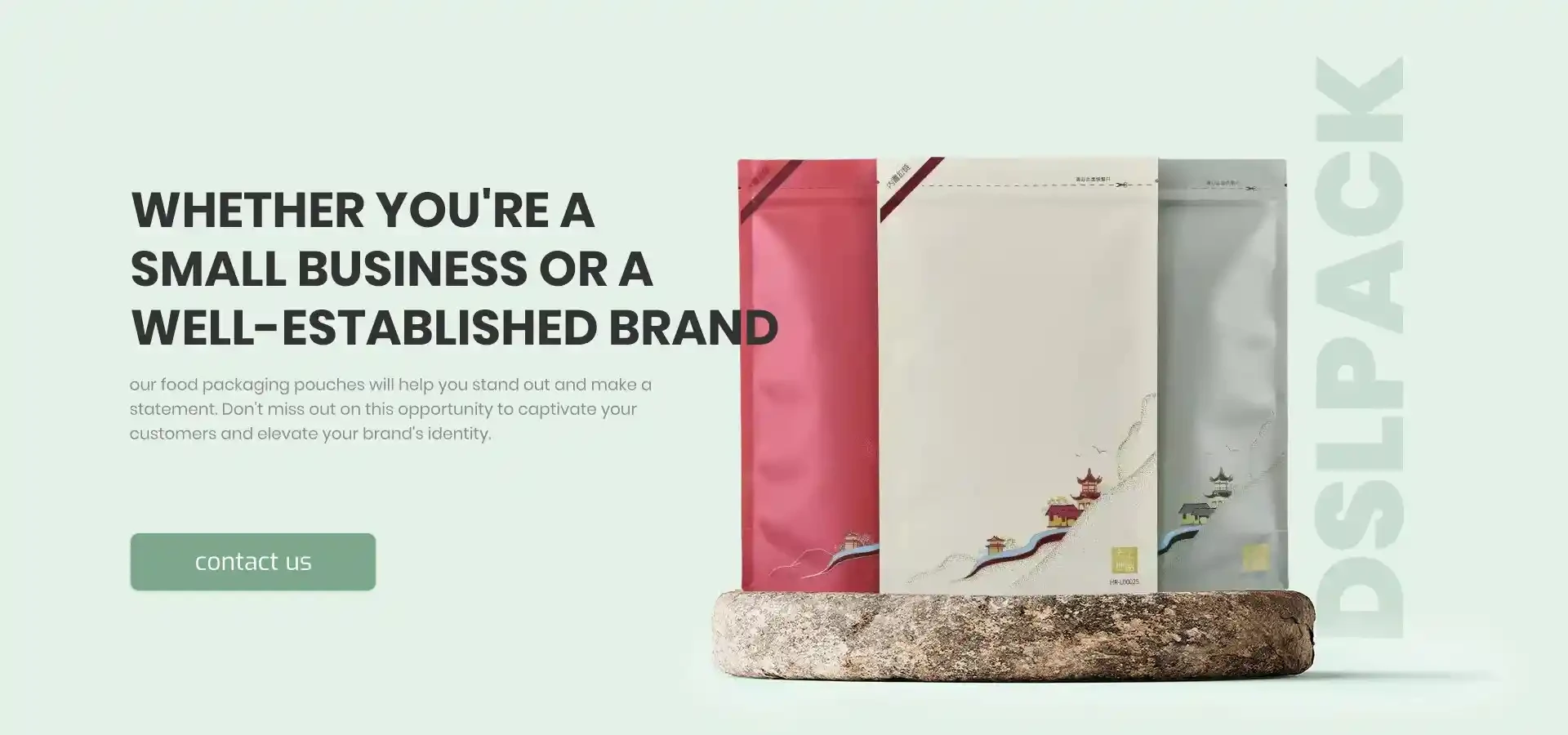- Afrikaans
- Albanian
- Amharic
- Arabic
- Armenian
- Azerbaijani
- Basque
- Belarusian
- Bengali
- Bosnian
- Bulgarian
- Catalan
- Cebuano
- chinese_simplified
- chinese_traditional
- Corsican
- Croatian
- Czech
- Danish
- Dutch
- English
- Esperanto
- Estonian
- Finnish
- French
- Frisian
- Galician
- Georgian
- German
- Greek
- Gujarati
- haitian_creole
- hausa
- hawaiian
- Hebrew
- Hindi
- Miao
- Hungarian
- Icelandic
- igbo
- Indonesian
- irish
- Italian
- Japanese
- Javanese
- Kannada
- kazakh
- Khmer
- Rwandese
- Korean
- Kurdish
- Kyrgyz
- Lao
- Latin
- Latvian
- Lithuanian
- Luxembourgish
- Macedonian
- Malgashi
- Malay
- Malayalam
- Maltese
- Maori
- Marathi
- Mongolian
- Myanmar
- Nepali
- Norwegian
- Norwegian
- Occitan
- Pashto
- Persian
- Polish
- Portuguese
- Punjabi
- Romanian
- Russian
- Samoan
- scottish-gaelic
- Serbian
- Sesotho
- Shona
- Sindhi
- Sinhala
- Slovak
- Slovenian
- Somali
- Spanish
- Sundanese
- Swahili
- Swedish
- Tagalog
- Tajik
- Tamil
- Tatar
- Telugu
- Thai
- Turkish
- Turkmen
- Ukrainian
- Urdu
- Uighur
- Uzbek
- Vietnamese
- Welsh
- Bantu
- Yiddish
- Yoruba
- Zulu
sealing machines for packaging
The Importance of Sealing Machines for Packaging
In the modern manufacturing and packaging landscape, sealing machines have emerged as a critical component of the packaging process. These machines play an essential role in ensuring product integrity, extending shelf life, and enhancing the overall presentation of goods. As industries evolve and consumer demands shift towards convenience and durability, the significance of sealing machines continues to grow.
Understanding Sealing Machines
Sealing machines are devices used to seal packages to protect their contents from contamination, spoilage, and damage. They come in various types—heat sealers, vacuum sealers, impulse sealers, and more—each tailored to specific packaging requirements. These machines can seal a wide range of materials, including plastic films, aluminum foil, and even paper products, making them indispensable across several sectors such as food and beverage, pharmaceuticals, electronics, and cosmetics.
Ensuring Product Freshness and Safety
One of the primary functions of sealing machines is to preserve the freshness and safety of products. In the food industry, for example, proper sealing prevents air and moisture entry, reducing the risk of microbial growth. This not only maintains the quality of the food but also meets strict health and safety regulations. Vacuum sealing, in particular, is prevalent in the preservation of perishable items, significantly extending shelf life and minimizing food waste.
Enhancing Efficiency and Cost-Effectiveness
Incorporating sealing machines into the packaging line can greatly enhance operational efficiency. Automated sealing machines speed up the packaging process compared to manual methods, allowing businesses to meet high demand without compromising quality. Furthermore, efficient sealing reduces the likelihood of product returns due to damaged seals, ultimately saving costs on replacements and improving customer satisfaction.
sealing machines for packaging

Customizable Solutions for Diverse Needs
Different products have different packaging needs, and sealing machines offer a wide array of customizable solutions. Businesses can choose machines based on their specific requirements—whether it's the type of material, the volume of production, or the desired level of sealing strength. Additionally, many modern sealing machines can adapt to various package shapes and sizes, making them versatile tools in any packaging operation.
Sustainability Considerations
As sustainability becomes a paramount concern for businesses and consumers alike, sealing machines have also evolved to support eco-friendly packaging solutions. Many machines are now designed to work seamlessly with biodegradable and recyclable materials, aligning with global efforts to reduce plastic waste. By optimizing the sealing process, companies can minimize material consumption and enhance the recyclability of their packaging, contributing to a more sustainable future.
The Role of Technology in Sealing
Advancements in technology have revolutionized sealing machines, integrating features such as digital temperature control, programmable settings, and real-time monitoring. These innovations allow for greater precision and consistency in sealing, reducing the likelihood of errors and product loss. Moreover, smart sealing machines can communicate with other equipment in the production line, facilitating a more streamlined and efficient packaging process.
Conclusion
In conclusion, sealing machines are vital in the packaging industry, providing crucial benefits such as product preservation, operational efficiency, and adaptability to diverse packaging needs. As technology continues to advance and sustainability becomes increasingly important, the role of sealing machines will undoubtedly expand, offering new solutions to meet the challenges of tomorrow. Businesses that invest in modern sealing technology will not only enhance their packaging capabilities but also gain a competitive edge in an ever-evolving market. By prioritizing effective sealing processes, companies can ensure their products reach consumers in optimal condition, fostering trust and satisfaction in their brand.













